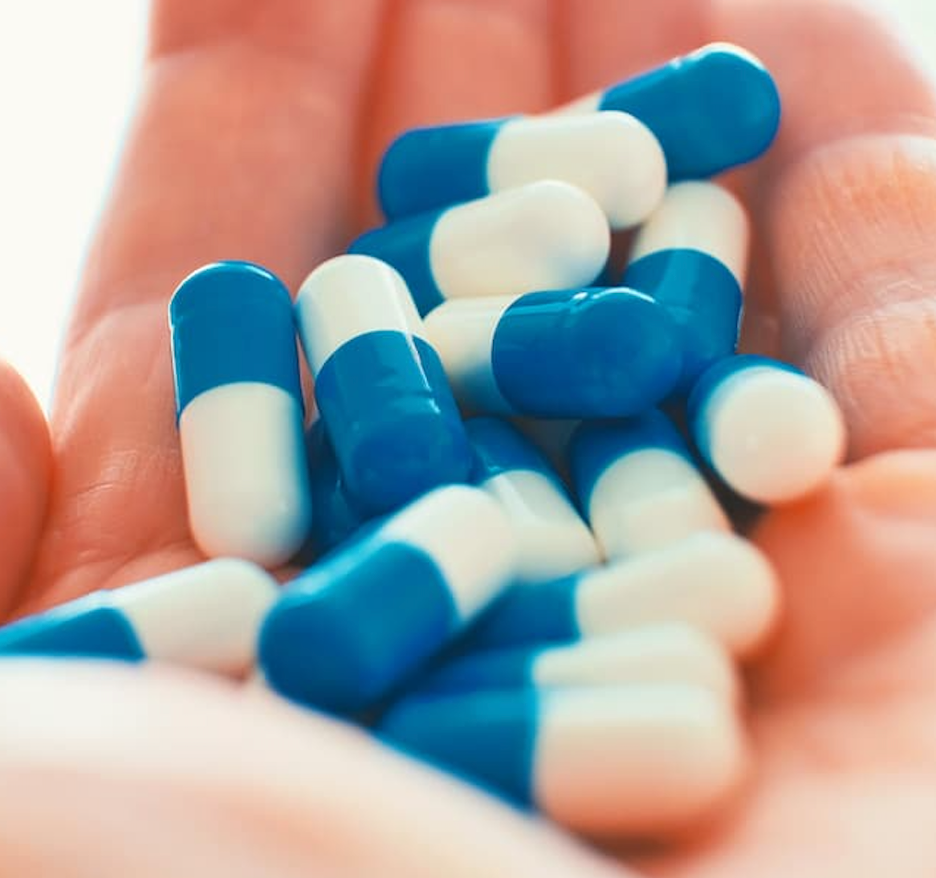Article
Tocilizumab Biosimilar, MSB11456, Demonstrates Similar Pharmacokinetics, Safety Profiles
Author(s):
A recent study found that the biosimilar MSB11456 showed pharmacokinetic similarity, immunogenicity, and safety profiles comparable to the reference drug, tocilizumab, suggesting that it could be a cost-effective alternative for treating autoimmune disorders.
Pharmacokinetic similarity, including immunogenicity and safety profiles, was observed in the tocilizumab biosimilar, MSB11456, when compared with the reference drug, according to Expert Review of Clinical Immunology.1
Image Credit: Adobe Stock/Андрей Михайлов

Tocilizumab, a recombinant monoclonal immunoglobulin G that targets the interleukin-6 (IL-6) receptor, is commonly prescribed for patients with autoimmune disorders, such as rheumatoid arthritis, giant cell arteritis, and juvenile idiopathic arthritis.2
“Tocilizumab is one of only a few approved biologic agents that inhibit the IL-6 pathway,” investigators stated. “Because of the high cost of biologic drugs, alternate similar drugs are being designed and tested to ensure that they are as effective and as safe as drugs that are currently available.”
The double-blind, parallel-group, single-dose study evaluated the safety and efficacy of MSB11456 in 128 healthy adults (aged ≥18 to ≤55 years) between September 2020 and January 2021. Exclusion criteria included active COVID-19 infection, alcohol or drug abuse, heavy smoking, significant concurrent disease, immunodeficiency, significant atopic allergy or anaphylactic reactions, or previous exposure to tocilizumab or any IL-6.
Patients were randomized to receive 1 single 8 mg/kg IV infusion of either the biosimilar or reference product. Blood samples for pharmacokinetic analysis were collected pre-dose, immediately after infusion, 2, 4, 8, and 12 hours post-infusion, and 14 more times throughout a 48-day period. Pharmacokinetic equivalence, the primary endpoint, was evaluated using the analysis of variance (ANOVA) model. Bioequivalence was defined as 90% confidence intervals (CI) for the geometric least squares mean ratio between 80% and 125%. Immunogenicity, anti-drug antibodies (ADA), and neutralizing antibodies (NAb) were also collected via blood samples throughout the study. Adverse events (AEs) and severe AEs determined safety.
A total of 62 patients were placed in the MSB11456 cohort and 66 received tocilizumab, of which all were included in the pharmacokinetic analysis set and the safety analysis set. All patients were White and most (68.8%) were male.
Pharmacokinetic bioequivalence was reported between the biosimilar and reference product for both primary and secondary endpoints. Only 1 patient was ADA-positive before infusion, and overall post-infusion ADA positivity was comparable between patients in the biosimilar cohort (91.9%, n = 57/62) and tocilizumab cohort (98.5%, n = 65/66). ADA response for MSB11456 and tocilizumab was similar on day 29 (88.7% vs 87.9%, respectively) and day 48 (12.9% vs 10.6%, respectively).
Safety profiles, anti-drug antibody responses, and the frequency of neutralizing antibodies were comparable between treatment groups. In total, 131 treatment emergent adverse events (TEAEs) in 59.4% (n = 76/128) of patients were reported throughout the study, with 61.3% in the MSB11456 group and 57.6% in the tocilizumab group. The most common TEAEs were neutropenia and headache. There were no deaths, severe adverse events, infusion interruptions due to TEAEs, or discontinuations reported.
“Establishing the PK equivalence of MSB11456 with US-licensed tocilizumab, as demonstrated in this study, is of importance for the healthcare system,” investigators concluded. “Recently, increased demand for tocilizumab in patients with COVID-19, coupled with supply and manufacturing issues, has led to a global shortage. The availability of biosimilars may help to alleviate this problem.”
References
- Tomaszewska-Kiecana M, Ullmann M, Petit-Frere C, Monnet J, Dagres C, Illes A. Pharmacokinetics of a proposed tocilizumab biosimilar (MSB11456) versus US-licensed tocilizumab: results of a randomized, double-blind, single-intravenous dose study in healthy adults [published online ahead of print, 2023 Feb 13]. Expert Rev Clin Immunol. 2023;1-8. doi:10.1080/1744666X.2023.2174104
- Shetty A, Hanson R, Korsten P, et al. Tocilizumab in the treatment of rheumatoid arthritis and beyond. Drug Des Devel Ther. 2014 Mar 28;8:349-64. doi: 10.2147/DDDT.S41437




